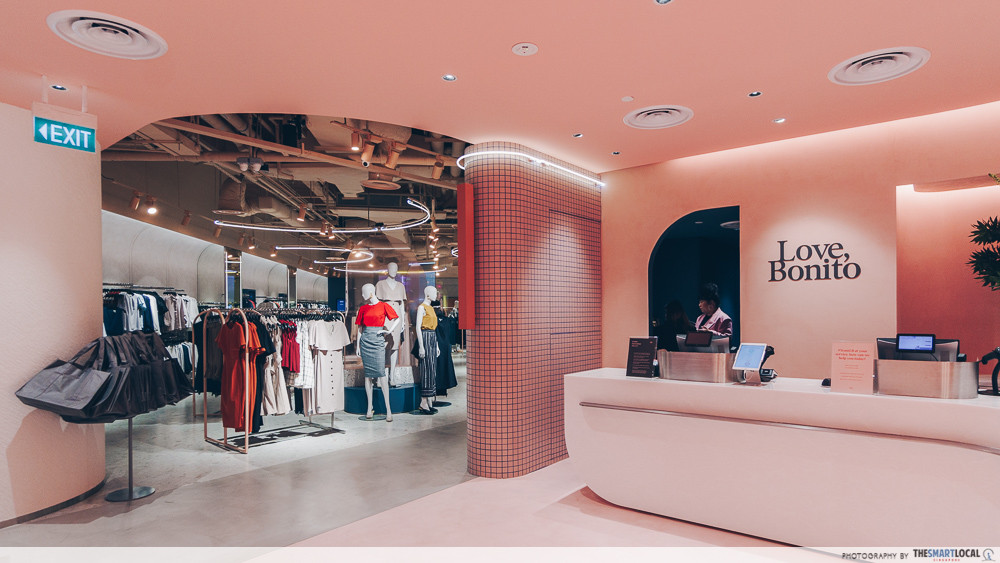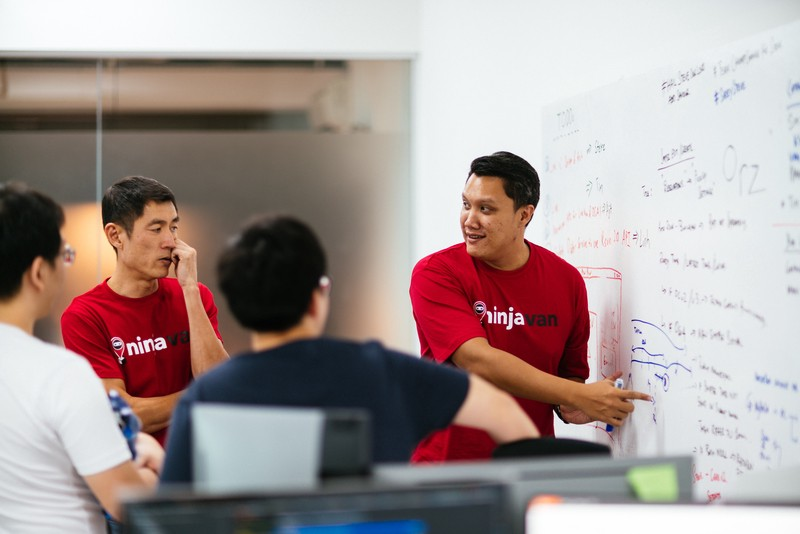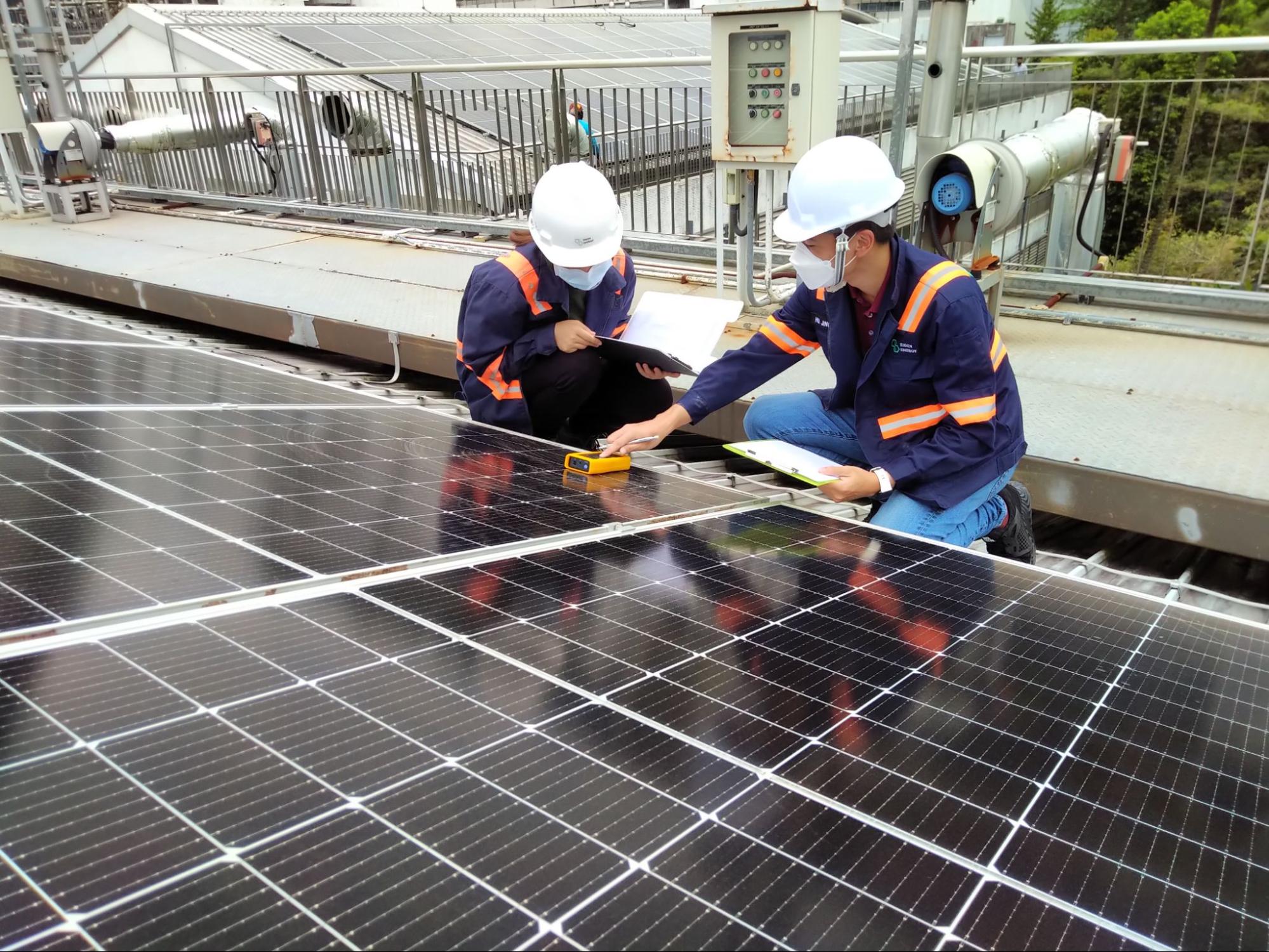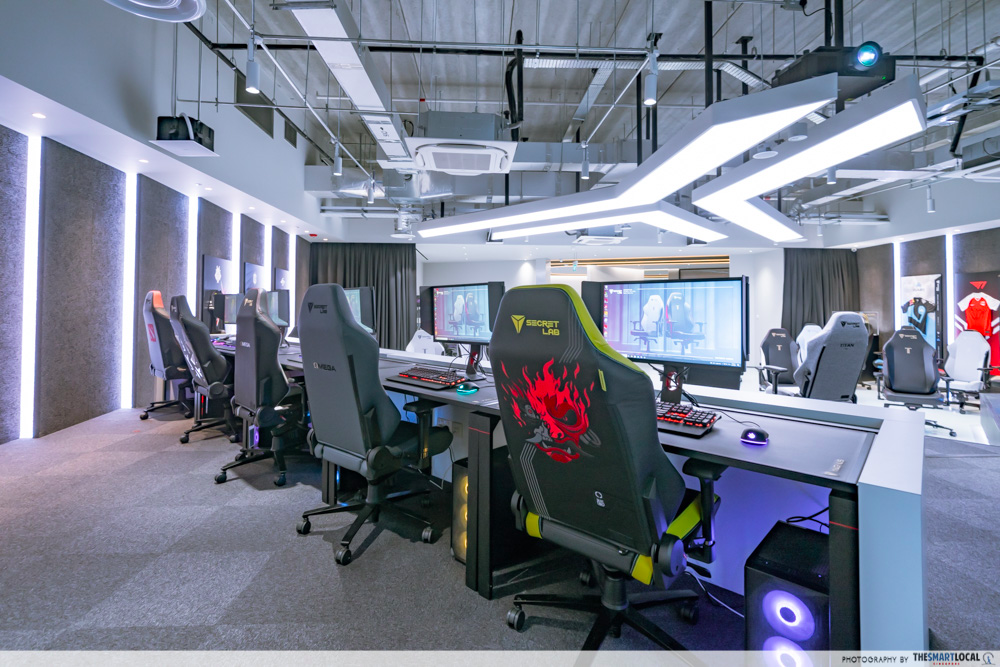Choosing your first job
A big step in adulting is getting your first job. Part-time work may have given you a taste of what is to come, but a full-time career just hits different.
But choosing your first job can be like navigating a whole new world. A high paying salary is a plus, but that can’t be all you should be basing your decision on… right? If you’re clueless on where to start and want a more balanced viewpoint, here’s our full guide to choosing your first job.
What type of company – MNCs vs SMEs vs Startups?
Although figuring out what type of work you would want to do is important, knowing where you want to do it can help in finalising your decisions. Companies in Singapore are often broadly categorised into three types: Small & Medium Enterprises (SMEs), Multinational Corporations (MNCs), and Startups.
These usually come with their own unique culture and working environments. Depending on your working style, you could thrive in a startup over working in an MNC. Understanding the differences in these companies can help in deciding what job to go for.
Multinational Corporations
You’ve likely heard of MNCs. They’re usually larger companies that are well-known within their industry, with multiple offices around the world. This could mean opportunities to work and travel to overseas branches.

MNCs vary greatly in size, with employee strength often lying in the thousands, so it can feel like you’re a small fish in a big pond when starting out in an MNC. Many are familiar household names like Shell, Apple and JP Morgan – and within Singapore, Large Local Enterprises (LLEs) like BreadTalk, CapitaLand and even Singapore Airlines also operate internationally and have similar workplace dynamics.
Small & Medium Enterprises
SMEs are defined as companies with less than 200 employees, but though they operate on a smaller scale, they’re equally capable of having structured departments, job functions and overseas operations – just like MNCs.
With a smaller staff, you’ll get to work closely across teams and not just within your own department. This means your involvement and contributions might be much more meaningful and noticeable across the board.

In Singapore, ones you would have heard of include Bee Cheng Hiang, Durapower Group, and Love, Bonito. However, there are many others in emerging sectors like medtech, urban solutions, and energy. In Singapore, SMEs like Biosensor, which produces Covid-19 ART kits and Sunseap, a regional solar solutions provider, are companies that could provide promising career opportunities as well.
Startups
Even smaller than SMEs are startups, which refer to new, fast-growing companies that offer an innovative product or service.
Startups have a reputation for being dynamic places to work, where everyone works closely together, even the CEO. If a startup is in its early stages of operation, this could mean hustling with a lean team, where you’ll be expected to wear multiple hats to contribute to the growth of the company.

Ninja Van in Singapore.
Image credit: @100offer
There are other startups in Singapore that have also achieved unicorn status. These are companies that cross $1 billion in valuation. On this list are companies like Carousell, Lazada, and Ninja Van.
Factors to consider before choosing your first job
With definitions of the kind of companies you can work for out of the way, it’s time to break it down to the nitty gritty details on what to look out for when choosing your first job.
When starting out, things like salary and employee perks may seem like the most important factors to consider. However, in the long run, you’ll want to look at other points like career advancements and also work culture for a more meaningful career.
Opportunities for career advancement
“Where do you see yourself in 5 years?” is a common question you’ll get during the interview process of the job hunt. But it is a question you’ll want to spend some time reflecting on before choosing your first job.
Wherever you see yourself in the future, it’s likely to be an advancement from the entry-level position you’re applying for. But this would require work to at least get yourself closer to that goal.
For fresh grads, especially, who are looking to build a broad base of relevant and transferable skills early on in their career, it might work in your favour to research or ask hiring managers if the company and position you’re applying for can provide you with the following:
- Opportunities to receive training and development.
- A rotational programme that allows you to gain varied exposure across different business functions.
- Recognition for contributions and achievements made in the company.
SMEs and startups with leaner teams are more often adept at providing these varied experiences.
Take Eigen Energy, an engineering company specialising in renewable energy, which provides such opportunities for all employees, including interns. By providing interns with diverse experiences to learn new skills and knowledge, they hope to retain these talents in the industry by building on their intellectual curiosity.

Interns at Eigen Energy are not deskbound, rather they’re encouraged to get their hands dirty during their internship.
Image credit: Eigen Energy
They also have a management trainee programme that helps fresh graduates explore their interests in the energy industry, while building their career progression within the company. It’s a small company with a linear hierarchy, so employees and even trainees are encouraged to voice out their goals to the managing director.
A similar structure can be found at Trinax, a creative technology agency that specialises in the design and development of interactive digital experiences. As the work there heavily involves UI/UX design, software engineering and prototyping, interested and qualified employees were sent to take part in specialised diploma courses at local polytechnics.

Interns at Trinax get to be part of the whole process of events management.
Image credit: @trinax.sg
The year-long course was fully sponsored by the company, with additional perks like time off thrown in so that the employees could attend classes and complete their assignments. Other staff are also sent for additional sponsored training, so that they are able to keep up with industry trends and standards.
Joining companies that invest in their talent would mean a boost in your portfolio and employability in the industry. They’re the ones that can help build that bridge for you to hit that 5-year goal much more quickly.
Work culture & environment
While the size of the company does factor significantly in determining its culture, working environments vary greatly and are also influenced by all levels of company leadership. Thus, if you’re deciding if the job is a good fit, it’s a good idea to do your research on platforms like Glassdoor, on forums like Reddit and Fishbowl, or even ask your hiring manager about it.

Work culture in smaller companies could mean more inter-team bonding, like having the ability to lunch with colleagues you may not work directly with.
Observe if there is a flatter hierarchy, which encourages junior staff to float innovations and try out new ideas. You’ll see this in companies like Rapsodo, a sports analytics company, which encourages even their own interns to test out software and equipment at their in-house R&D facilities.
There are also companies that value ideas their employees can bring to the table, no matter their level of experience. Like at SWAT Mobility, a smart mobility company, they provide opportunities for employees to join “squads”. It allows for different departments to team up and innovate new ideas, or address problem statements like sustainability for the company.
This not only fosters closer collaboration within the organisation, but allows all levels of employees to improve their skill sets along the way.
Employee benefits and engagement
While a terrific company culture can supercharge your first years in the workplace, job perks and employee engagement can help you as you build relationships with colleagues and superiors. With these stronger bonds, you could unlock more opportunities to learn from peers and contribute meaningfully.

Most might think only MNCs can offer benefits like overseas staff retreats and cool facilities like Amazon Singapore’s newest office. But it isn’t just at MNCs that you’ll experience this level of work perks.
SMEs like Aevice Health, a medtech firm specialising in chronic respiratory disease gives its employees access to company amenities like a gym and pool to encourage healthier living.

And at Trinax, staff are provided with SecretLab chairs in the office for additional comfort. They also have interest groups across departments for anyone to join and foster a sense of belonging.
Fun recreational activities were a common occurrence pre-Covid-19, but with employees working from home, the management teams now provide similar welfare through a different approach, such as arranging for food delivery and having digital spin-the-wheel lucky draws during festive seasons.
Salary
While salary is often one of the first things job seekers consider, it’s important to think a few steps ahead even if the number falls within – or above – your expected range.

Higher salaries tend to attract more applicants – and such roles tend to be highly competitive, such as in tech roles and Managerial Associate programmes. For employees looking to advance their career and salary, this can mean added responsibilities, and pressure to stand out.
Conversely, you may start off with an average salary, but the role could offer opportunities to build different competencies and enhance your overall employability in the long term.
Thus, particularly when just starting out, it’s important to not only consider the present drawn salary, but also the overall trajectory of your career and the value you bring to your company.
Additional criteria to consider
The above is by no means exhaustive. We also recommend listing out your own criteria to consider. Things like your interest, job scope, commuting time, and overseas exposure are just as important as well.
You might also want to consider the reputation of a company when making your decision. And we don’t just mean looking at whether or not the company’s name is recognisable to you. Doing a Google search and clicking on the “News” tab can help give you a better feel of public opinion on the company.
Network with current employees on LinkedIn if you want the inside scoop on what goes on beyond the glass doors. Ask about management style and team dynamics for a better understanding of the kind of environment you would be working in. Ideally, you would want one that would best fit your working style.
A company with a good reputation is also likely to provide better job security in the long run. Shady business operations or unprofessional dealings with stakeholders are red flags.
Check out GRT to kickstart your career with an SME
With these tips on hand, you’re now ready to start filtering jobs and companies to potentially work at. And if you need a leg up to sniff out golden job opportunities, the Global Ready Talent Programme (GRT) by Enterprise Singapore has internships and management associate programmes for students and fresh graduates to get a head start.
Check out opportunities to work with SMEs through GRT
This post was brought to you by Enterprise Singapore.
Photography by Li Haiyang.
Cover image adapted from @100offer
